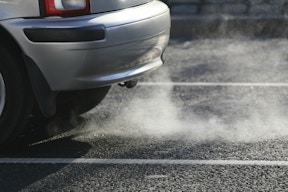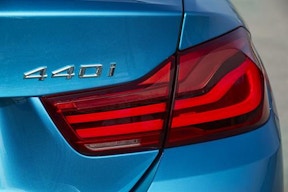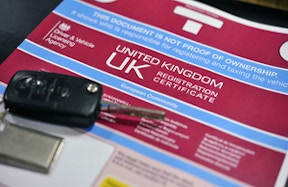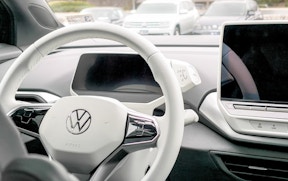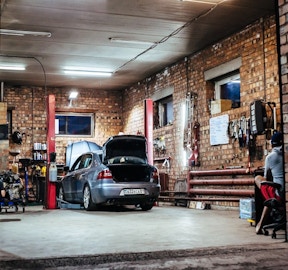It’s difficult to predict what will happen following the switchover, as there are naturally many variables to consider. However, the likelihood is that the cost of fossil fuels, like petrol, will increase as fewer consumers use them – and, therefore, traditional fossil-fuel vehicles will most likely become less desirable with average consumers.
Whilst it is possible that there will be a surge in sales of petrol and diesel cars in the run up to the switchover, drivers of electric vehicles (EVs) will not pay road tax, will avoid congestion charge costs, and spend much less money refuelling their cars which will make them more desirable – and this will likely have a negative impact on the prices of petrol vehicles.
Recent research shows that EVs already hold around 48.9% of their value after three years and 30,000 miles. Whereas petrol models only retain around 43%, under the same conditions.
As EV technology advances, the likelihood is this will have a positive impact on the resale value of electric cars – which will, in turn, continue to negatively impact the price of used petrol vehicles.
However, on average, electric vehicles do not depreciate any faster or slower than petrol of diesel models.

